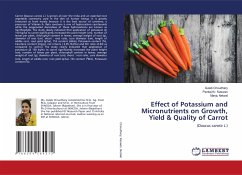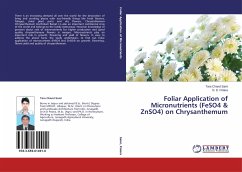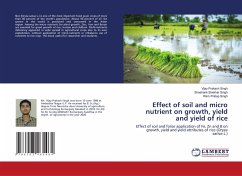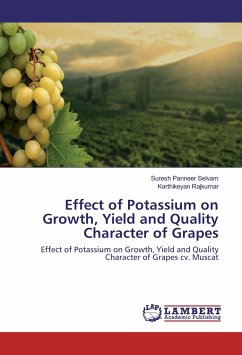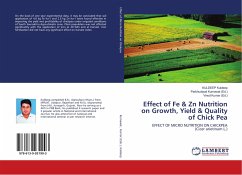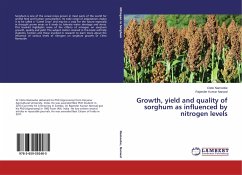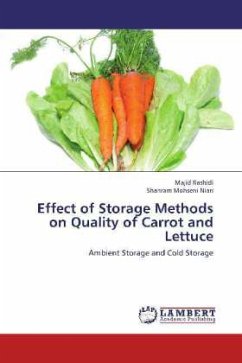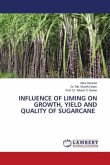Carrot (Daucus carota L.) is grown all over the India and an essential root vegetable commonly used in the diet of human beings. It is greatly treasured as food mostly because it is the best source of carotene; a precursor of Vitamin A. Beta carotene is one of hydrocarbon carotenoids while the oxygenated derivatives of these hydrocarbons are known as Xanthophylls. The study clearly indicated that application of potassium @ 150 kg/ha to carrot significantly increased the plant height (cm), number of leaves per plant, chlorophyll content in leaves, average weight of root (g), diameter of root (cm), shoot : root ratio, core diameter (cm), length of edible root, root yield (q/ha), TSS content (oBrix), Potassium content (%), Carotene content (mg/g), net returns ( 2,05,161/ha) and B:C ratio (2.63) as compared to control. the study clearly indicated that application of potassium @ 150 kg/ha to carrot significantly increased the plant height (cm), number of leaves per plant, chlorophyll content in leaves, average weight of root (g), diameter of root (cm), shoot : root ratio, core diameter (cm), length of edible root, root yield (q/ha), TSS content (oBrix), Potassium content (%).
Bitte wählen Sie Ihr Anliegen aus.
Rechnungen
Retourenschein anfordern
Bestellstatus
Storno

